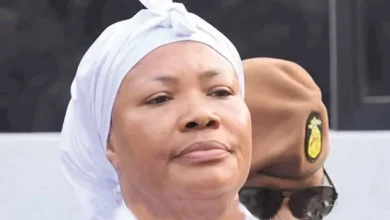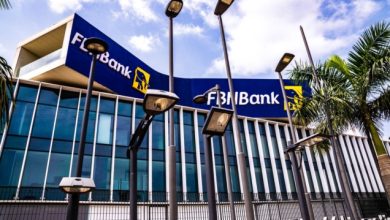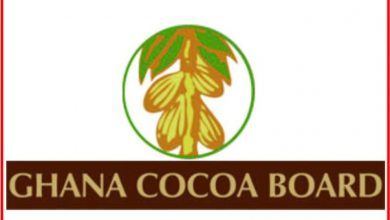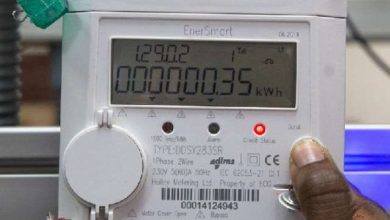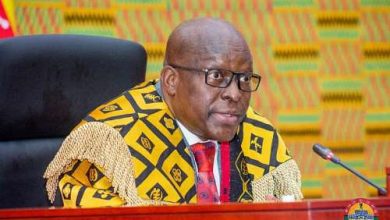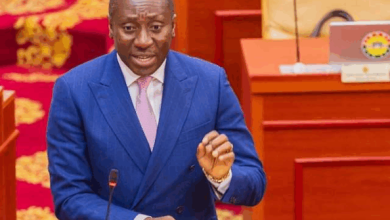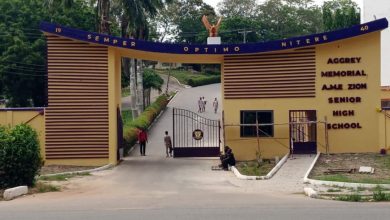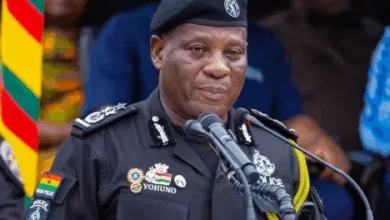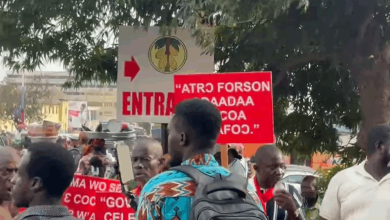We’re Fixing Economy, Rolling Out Interventions To Ease Burden – Finance Minister

The government will in the coming weeks introduce more measures to ease the burden on the public.
The Minister of Finance, Mr Ken Ofori-Atta, who disclosed this, said: “Starting this month, we are rolling out over eight additional interventions under the GhanaCARES “Obataanpa” programme and they will be in the health, agriculture, tourism, trade, digitisation, science and technology, housing and financial services,” he said.
Mr Ofori-Atta gave the assurance at the Minister’s Press Briefing series in Accra yesterday.
The event was to update the public on the progress of key government programmes and bread and butter concerns of citizens following the outpourings of concerns from various quarters on the deteriorating nature of affairs in the country.
In the other areas, the minister said he was working with the Ministers of Roads and Highways, Transport and the Interior to address congestion along the major highways.
“We are fast-tracking the implementation of the US$200 million Jobs and Skills Programme to enhance job creation significantly. This intervention is designed to facilitate new and expanded private sector businesses to employ a lot more people. This, we believe, is a more sustainable way to rebuild this economy instead of expanding government employment schemes,” he further stated.
Besides, he said by the end of July, a new Development Bank would be established to provide long-term wholesale financing to the private sector through commercial banks.
Although the minister mentioned the biting effects of COVID-19 on the economy, he nevertheless indicated that the government would not complain about the development, but would remain focused on putting in place the necessary structures and interventions that would help speed up the recovery of the economy from the shocks of the pandemic and ensure social justice and mobility for all citizens.
Read also: 5 #fixthecountry concerns the govt will address soon – Ofori-Atta
#FixTheCountry campaign
The minister said the government had taken a critical look at a social media campaign dubbed #FixTheCountry, and was determined to address the issues raised by the youth who were championing the campaign.
“Over the past few weeks, I have been following the healthy conversation that started following the #FixTheCountry, a social media campaign primarily initiated by the youth. I have met the representatives of the conveners to understand and explore collective solutions over what the conveners describe as ‘a failure on the part of successive governments to improve the lives of the citizenry’.
“I acknowledge that these are challenging times for many of us, and we, like almost all the countries in the world, are living through rough weather. A time that has put a burden on the necessities of lives and livelihoods never like before in recent history. Unfortunately, these external shocks have heightened Ghana’s perennial problems, which we are committed to address,” he said.
Read also: National Security did not clone phone of #FixtheCountry convenor – Information Ministry
Exceptional leadership
Mr Ofori-Atta said in extraordinary times, what was expected from the government was exceptional leadership.
However, he explained that exceptional leadership could not be realised without a collective effort.
On that score, he commended the youth for calling on the government and leaders of the country to be at their best.
“This shows the patriotism of the Ghanaian Youth, echoing the President’s call to be a citizen, not a spectator. You have elected us to solve the problems that face this country. We will continue to work with you and other stakeholders to do just that,” he said.
Pandemic intervention
Emphasising the impact of the pandemic on the economy and the measures that had already been implemented to reduce its effects on the public, Mr Ofori-Atta said, until the country was hit in March 2020, everything was on course to achieving the objective to stabilise and grow the economy, create jobs especially for the youth, modernise, digitise and formalise the economy; provide social protection for the vulnerable and create a safe and secure environment for citizens and businesses to thrive.
“From the onset of the COVID-19 pandemic in March 2020, President Akufo-Addo laid out the five key objectives the government sought to achieve: limit and stop the importation of the virus; contain its spread and provide adequate care for the sick,” he said.
Mr Ofori-Atta said the government’s efforts were also to help limit the impact of the virus on social and economic life and inspire the expansion of our domestic capability and deepen our self-reliance.
He said the President made it an utmost priority to protect Ghanaian lives above all else, which was captured in his now world-famous quotation — “‘We know what to do to bring our economy back to life. What we do not know how to do is to bring people back to life.”
Read also: #FixTheCountry: Government’s effort is commendable – Economic Policy Analyst
Full recovery
The Finance Minister noted that there was a need for the government to invest more in the organisational capital of Ghanaian businesses, as it was the only means for the economy to fully recover from the negative impact of the pandemic.
To achieve that, he said the government would strengthen small and medium enterprises (SMEs) and empower captains of industry to be in the position to better negotiate and make the right gains from the investments they make.
“We have to be deliberate about this and this is something we are committed to and intend to do,” he stated.
First term achievements
Taking a look at the government’s achievements on the economy in the first term, he mentioned among other things, the implemented flagship initiatives, introduction and restoration of enhanced social protection policies, implementation of many digitalisation programmes to transform the economy and the cleaning of the financial sector.
“After four years of implementing these prudent measures, the Ghanaian economy witnessed a turnaround. Between 2017-2019, the economy grew by 7 per cent. You saw single-digit inflation of 7.9 per cent, reduced fiscal deficits with three consecutive years of primary surpluses, a relatively stable exchange rate, significant improvement in the current account with three successive years of trade surpluses, strong foreign exchange reserve buffers covering four months of import cover, and relatively low and sustained interest rates of about 13 per cent (Benchmark 91-Day Treasury Bill).
“As a result of the prudent policies, the economy continued to remain resilient in 2020, even at the height of the COVID-19 pandemic,” he said.
Source: graphiconline.com

